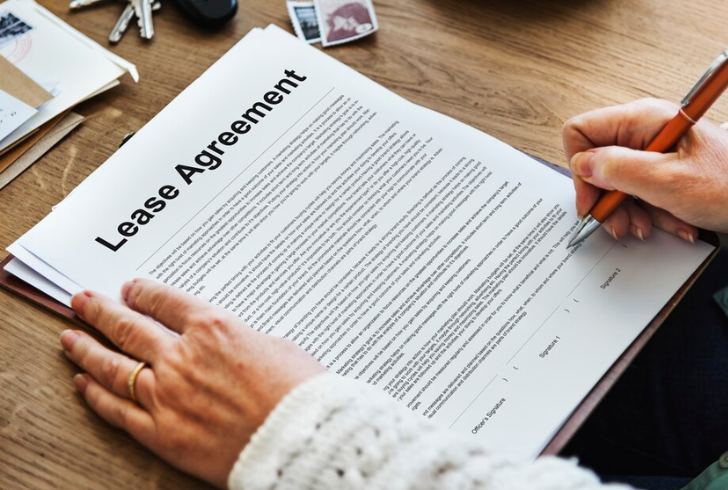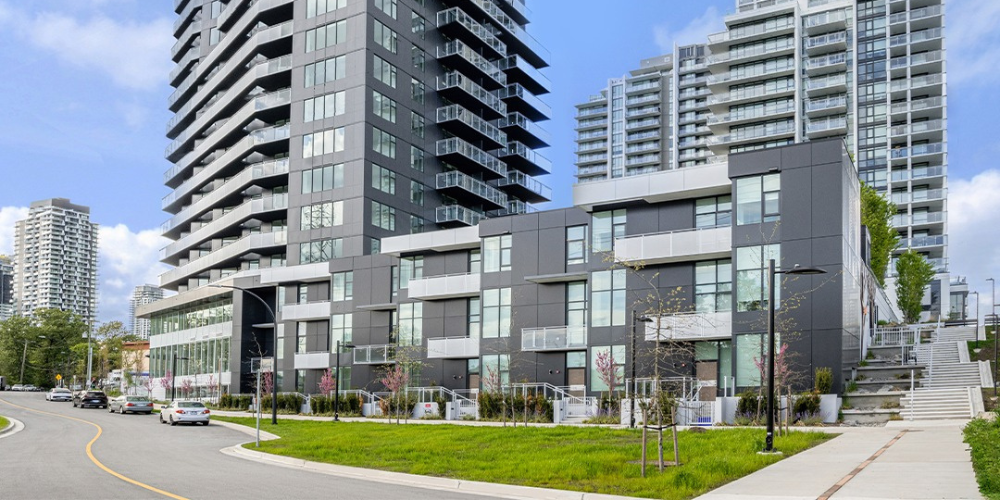Renting in New York City can feel overwhelming, especially for newcomers, but it’s a common experience for the majority of residents. In fact, more than 65% of New Yorkers are renters. Whether you’re looking for your first apartment or your tenth, understanding how to rent in New York can save time, money, and stress.
This guide will help you navigate essential topics, including setting a budget, finding the right place, managing paperwork, understanding fees, and much more.
Determining Your Budget
Before starting your apartment search, it’s crucial to determine how much rent you can comfortably afford. Rent prices in NYC vary widely, and rent tends to be one of the largest monthly expenses. As a general rule, you should aim to spend no more than 30% of your monthly income on rent. Keep in mind, rent is just part of the cost—there are also utilities, internet, and sometimes additional building fees to consider.

Freepik | seventyfour | Plan your rent budget by ensuring it aligns with about 30% of your income.
Key Budget Tips
1. Consider your full financial picture, including recurring expenses and savings goals.
2. Factor in other costs, such as moving expenses and furniture, which can add up quickly.
3. Be prepared for upfront costs, including first month’s rent, security deposit, and potentially a broker fee.
Searching for Apartments
Finding the right apartment is a crucial aspect of the rental process, especially in a competitive market like New York. Timing is essential, as listings can disappear quickly; therefore, staying alert to new opportunities is vital. Whether searching online or exploring neighborhoods, having a clear vision of what to look for—such as location, access to public transportation, and desired amenities—can significantly narrow down options.
It’s advisable to start the apartment search about one to two months before the intended move-in date. If seeking roommates, it’s important to establish guidelines regarding budget and preferences beforehand. Utilizing a variety of platforms for apartment searches is beneficial, but caution is necessary to avoid scams; always verify listings before proceeding.
Paperwork and Fees
Once you find a place that fits your needs, the next step is signing the lease. It’s important to know what documents you’ll need and what fees to expect. In New York, landlords often ask for proof of income, references, and identification. You may also need to provide a credit report or pay for one during the application process.
Common Documents You’ll Need –
1. Proof of income (pay stubs, tax returns, etc.)
2. Bank statements
3. Photo ID
4. Employment or landlord references
5. Credit report (sometimes required)
Using a Broker – Is It Necessary?
In New York, many rentals are handled through brokers, especially in highly competitive areas. A broker can help you find listings faster, but this convenience often comes with a cost—a broker’s fee can range from one month’s rent to 15% of the annual rent. Depending on your budget and time frame, it’s important to decide if using a broker makes sense for you.
If you’re aiming to avoid broker fees, it is possible to find “no-fee” listings through certain websites, direct landlord deals, or by networking within neighborhoods.
Lease Signing and Understanding Terms

Freepik | rawpixel.com | Once you pick your apartment, sign the lease. Read it closely first to understand the terms.
Once you’ve chosen your apartment, the lease signing process comes next. Read the lease carefully before signing, as it outlines the terms and conditions of your rental agreement. Make sure you understand the rules on things like subletting, maintenance responsibilities, and any renewal options.
What to Expect During Lease Signing –
1. Review all terms, including rent amount, due dates, and potential rent increases.
2. Check for clauses about breaking the lease or subletting, just in case your plans change.
3. Ensure all utilities, fees, and responsibilities (for repairs or damages) are clearly outlined.
Tips for Breaking a Lease (If Necessary)
Though breaking a lease should be avoided if possible, life changes do happen. If you find yourself needing to break a lease, the best course of action is to communicate with your landlord as early as possible. Some landlords may allow a lease termination if you help find a new tenant to take over the space. In other cases, you might be able to negotiate a fee for breaking the lease.
Renting in New York requires planning, patience, and flexibility. From determining how much rent you can afford to navigating lease terms, each step of the process plays a critical role in finding the right place. As long as you’re prepared, the process can be smooth and successful. Now that you know how to rent in New York, you’re ready to tackle the city’s dynamic rental market.













